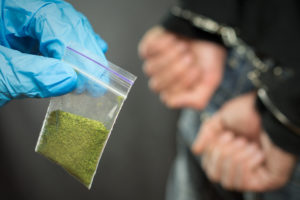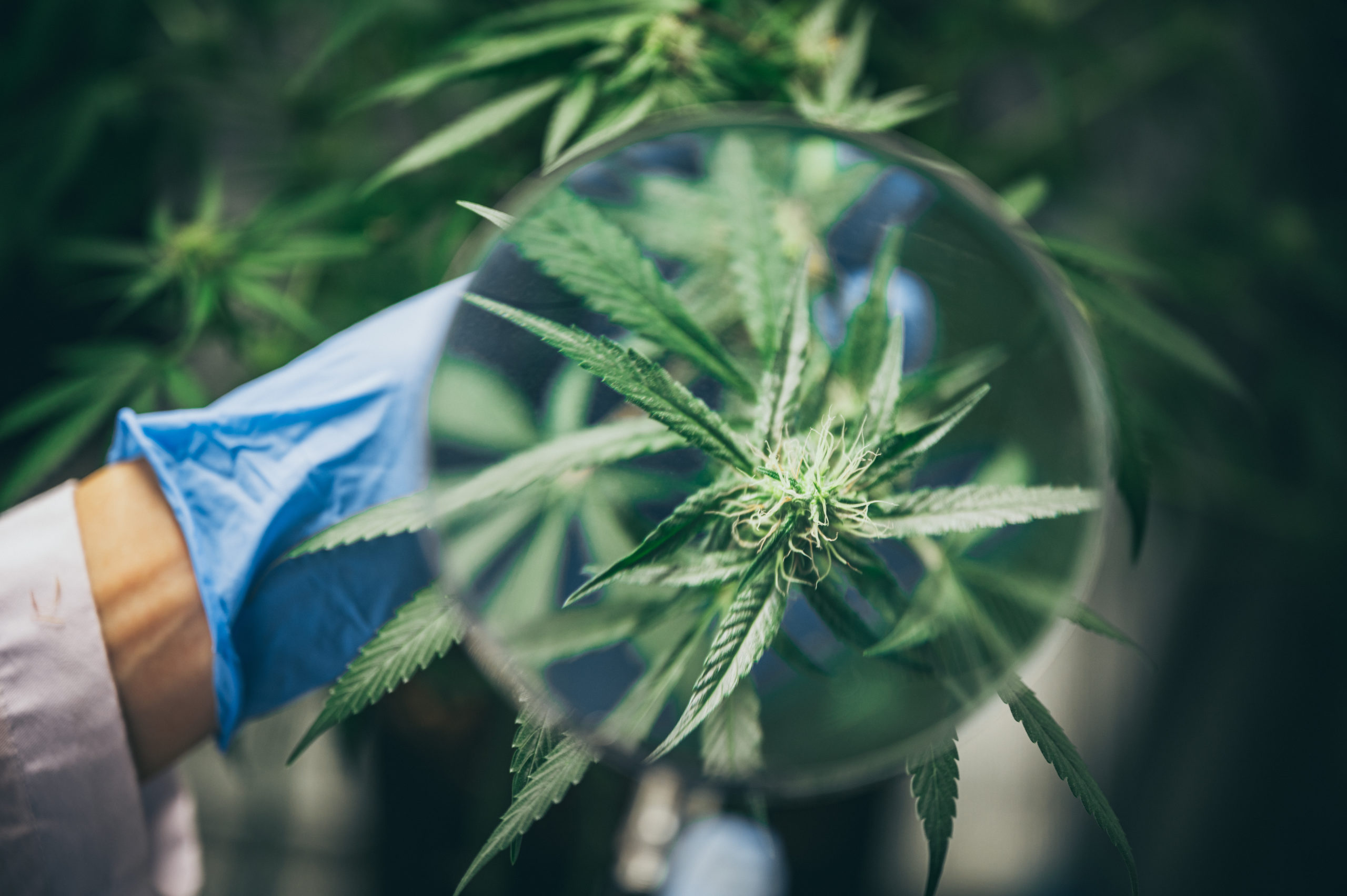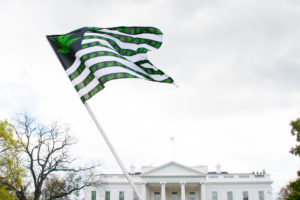Federal Cannabis Legalization in 2021
Most people who have been involved in shaping our nation’s legal cannabis industry would agree it has been far from smooth sailing. State by state legalization, for all its triumphs, has had plenty of shortcomings and tends to cause a lot of confusion. The constant back and forth conversations about federal cannabis legalization in 2021 leave much to the imagination. Is it going to happen? What will it mean for states who already have legalization? How will it change the manufacturing and sales processes for established cannabis companies?
One thing’s for certain: the federally legal status of cannabis in 2021, and going into 2022, is anyone’s guess.
How many states in the U.S. have a legal cannabis industry?
As of now, Nebraska and Idaho are the only states with no form of cannabis legalization whatsoever, but 12 states only allow low-THC, CBD oil. Another 18 states, including D.C., are fully recreational for people over 21. Overall, 37 states have a medical marijuana program, and it seems like new regulations are being added or changed every day.
This hodgepodge of individually legalized states has amassed plenty of uncertainty around the right way to move the cannabis industry forward. However, a new cannabis legislation plan being proposed by Senate Democrats may offer the answer most people can agree on.
Senate leaders move to end the federal prohibition of marijuana
On July 14th, Senate Leader Chuck Schumer (D-NY), alongside Senator Cory Booker (D-NJ) and Ron Wyden (D-OR), unveiled the Cannabis Administration and Opportunity Act. The main point in the draft legislation calls for U.S. Attorney General, Merrick Garland, to remove cannabis from the Controlled Substances Act. This would allow any state to establish its own cannabis regulations without federal interference.
Some of the other mandates outlined in the Cannabis Administration and Opportunity Act include:
- Expungement of non-violent federal marijuana convictions within one year of passing the legislation
- Imposing a 10% tax on all cannabis products
- Preventing federal officials from taking discriminatory actions against legal cannabis users
- The creation of an Opportunity Trust Fund from new cannabis tax revenue that would be invested into programs aimed at repairing communities most affected by the failed War on Drugs
- Allowing physicians with the US Department of Veteran Affairs to recommend medicinal cannabis as a form of treatment
- Transferring power over cannabis regulation from the US Drug Enforcement Administration to the FDA and the Alcohol and Tobacco Tax and Trade Bureau
For NORML’s Political Director Justin Strekal, passing the legislation means real freedom for responsible cannabis consumers. “With one in eight Americans choosing to consume on a semi-regular basis, including nearly one in four veterans, we must end the practice of arresting over 500,000 Americans every year and denying countless others employment, housing, and other civic rights if we are truly to be the ‘Land of the Free’,” stated Strekal.

How could the cannabis industry and society benefit from federal cannabis legalization in 2021?
Legalizing cannabis is beneficial both from an industry and social standpoint. The impact on state revenue only shows the potential a decriminalized cannabis market could have on the economy, and that’s just the beginning. Here are some other reasons why descheduling cannabis is essential for us as a nation.
More banking options
A major problem for most cannabis companies is having access to banking. Since cannabis is still a federally illegal substance, banks are extremely hesitant to work with or lend money to any type of cannabis business, regardless of a state’s legal status.
The financial investment for acquiring the necessary cannabis licensing is a hefty expense, which leaves most smaller businesses in the cold. Many dispensaries and retail stores have also been robbed because they are unable to accept credit or debit cards. However, a bill known as the Safe Banking Act has been passed to the Senate after overwhelming support from the U.S House of Representatives.
Increase in state revenue
States with a legalized cannabis industry have seen millions in return from the taxes and fees imposed on medical and recreational businesses. By 2026, the legal recreational market is expected to bring in nearly $42 billion.
Allows for interstate commerce
Forcing cannabis companies to be responsible for every aspect of their production, manufacturing, distribution, and sales is an unsustainable business model. Interstate commerce has caused supply and demand issues, which in turn hinders the growth of the market and the ability to meet patient/consumer demand. It also makes the pricing model for cannabis products incredibly varied. Concentrating cannabis entrepreneurs to a single state for their revenue puts them in a risky position when prices begin to fluctuate.
An end to needless arrests and criminal penalties
An FBI report in 2019 found police had arrested more people for cannabis offenses than violent crimes in that same year. Other studies also prove there are significant racial disparities in the number of possession arrests in communities of color compared to white communities. Some of these sentences have been as long as 10 years.
Full access to cannabis medicine
Many have gone to great lengths to experience the kind of relief cannabis has been shown to provide, even for neurological diseases like multiple sclerosis and fibromyalgia. People have spoken highly about the benefits of cannabis for years, and it’s time for modern medicine to catch up. The more opportunities we have to study different cannabinoids and how they interact with the human body, the sooner we can create products unique to specific medical conditions.

Tell the Senate you support federal cannabis legalization in 2021
Want to make sure your voice gets added to the discussion on cannabis legalization? The Senate is accepting public comments about the draft legislation now. Send your feedback to [email protected] and help them understand why 60% of Americans are for medical and recreational cannabis.


